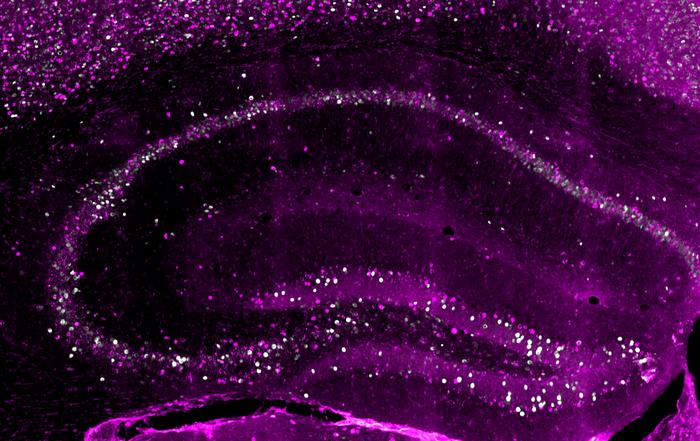Scientists at the University of Basel have discovered that our brains create not one, but three distinct copies of each memory. This research sheds new light on how we learn from past experiences and adapt to changing circumstances.
The study, published in the journal Science, reveals that different groups of neurons in the hippocampus – a brain region crucial for learning – store parallel versions of the same memory. Each copy serves a unique purpose, allowing our brains to balance the need for long-term recall with the flexibility to update information as we encounter new situations.
Memory’s Triple Threat: Short-Term, Long-Term, and In-Between
Dr. Flavio Donato and his team at the University of Basel’s Biozentrum used mouse models to investigate how memories are stored and evolve over time. They found that neurons born at different stages of embryonic development play distinct roles in memory formation and retrieval.
Late-born neurons create a vivid, short-term copy of a memory that’s easily accessible but fades quickly. This version is highly malleable, allowing for rapid updates based on new information. In contrast, early-born neurons form a long-term copy that strengthens over time but becomes more resistant to change.
“How dynamically memories are stored in the brain is proof of the brain’s plasticity, which underpins its enormous memory capacity,” explains Vilde Kveim, the study’s first author.
A third group of neurons, born between these two extremes, creates a more stable, medium-term copy of the memory. This multi-layered approach allows the brain to maintain a delicate balance between preserving important information and adapting to new circumstances.
The Implications: From PTSD to Alzheimer’s
Understanding how the brain manages multiple memory copies could have far-reaching implications for treating a variety of neurological and psychiatric conditions. For instance, this research might offer new avenues for softening traumatic memories in post-traumatic stress disorder (PTSD) or developing strategies to preserve memories in neurodegenerative diseases like Alzheimer’s.
Dr. Donato emphasizes the complexity of the brain’s memory system: “The challenge the brain faces with memory is quite impressive. On one hand, it must remember what happened in the past, to help us make sense of the world we live in. On the other, it needs to adapt to changes happening all around us, and so must our memories, to help us make appropriate choices for our future.”
The study also raises intriguing questions about human memory. For example, the researchers suggest that in humans, certain memories might only become accessible some time after the initial experience, as the long-term copy stored by early-born neurons gains strength.
Why it matters: This research provides a new framework for understanding how our brains store and update information. By revealing the intricate dance between different types of memory copies, it offers insights into learning, decision-making, and our ability to adapt to changing environments. These findings could pave the way for new treatments for memory-related disorders and might even help us develop more effective learning strategies.
As research in this field continues, scientists hope to gain a deeper understanding of the mechanisms that drive memory encoding and modification. This knowledge could potentially lead to interventions that help individuals struggling with intrusive memories or techniques to recover memories once thought lost.


